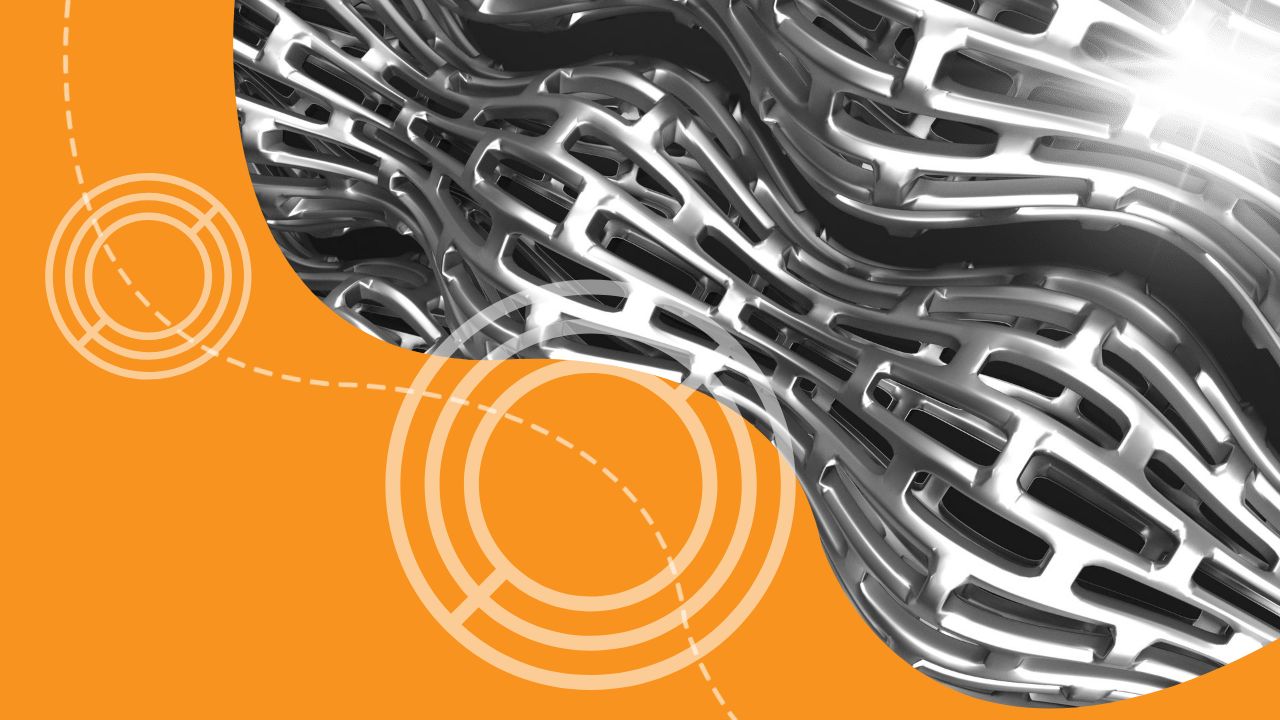“The government should increase the area of geologically surveyed land in Kazakhstan to at least 2.2 million square kilometers by 2026, with one of the priorities being the exploration of rare and rare-earth metals, essentially transforming them into the ‘new oil,’ according to President Kasym-Zhomart Tokayev.
‘The government’s task is to increase the area of geological-geophysical exploration from the current 1.5 million to no less than 2.2 million square kilometers by 2026. One of the priority tasks should be the development of rare and rare-earth metal deposits, which have essentially become the ‘new oil.’ Countries that can realize their potential in this sphere will determine the vector of technological progress worldwide,’ he said in an address to the people of Kazakhstan at a joint session of the parliament.
According to him, the government should grant investors conducting geological exploration at their own expense a priority right to subsoil use. Moreover, by implementing comprehensive state expertise and fully digitizing the process, project approval timelines and procedures are expected to be reduced by half.
The President believes that a comprehensive vision for the industry’s development should be developed by the end of this year.
‘In order to support the processing industry, foreign and domestic investors should be exempt from taxes and other mandatory payments for the first three years. This is a fundamental point that should give a serious impetus to the processing industry,’ he said.
In his opinion, the geological legislation passed in 2018 has yet to fully come into force. As a result, Tokayev believes that there have been no significant geological discoveries in the resource-rich country for a long time. Therefore, he instructed the modernization of the mining sector management system to be carried out as soon as possible.
On July 4, the EU Ambassador, Kestutis Jankauskas, told journalists that the Trans-Caspian International Transport Route (TMTM) via the Caspian Sea, Azerbaijan, and Georgia to Europe will be used for importing critical materials (lithium, titanium, cobalt, and others) from Kazakhstan. He stated that for six months following that day, the EU will focus on developing the functionality and investing in infrastructure along the Trans-Caspian International Transport Corridor to make cargo delivery more predictable, cost-effective, and easy.
Jankauskas noted the riskiness of the traditional route to Europe through Russia and Belarus due to both countries being under different sanctions. In addition, he believes that these sanctions will persist for a long time.
Therefore, the ambassador deems it necessary to move away from dependence on one country or route for the supply of goods and raw materials. Specifically, this concerns the EU’s 90% dependence on China for critical materials. Practically all of them are delivered through Russian territory.
The ambassador assured the EU’s readiness to compete with China and other countries for critical materials from Kazakhstan. In Kestutis Jankauskas’s opinion, the EU will transfer new technologies to Kazakhstan for the extraction of rare and rare-earth metals in the country, reminding that the European Union is Kazakhstan’s largest trading partner. The ambassador believes that Kazakhstan is also interested in supplying its products to different countries.”

